‘Tell All’ Panelists Offer Ways To Support King County BIPOC Youth
In February, five local BIPOC research analysts shared findings from their project, “Youth Tell All: Youth Centered Analysis on Youth Development in King County,” imploring a nationwide virtual audience and the nonprofit industry to examine its systems that are geared toward the growth and development of young people.
Their panel discussion has sparked interest from many sectors, particularly those eager to learn directly from these youth about what works and what doesn’t—instead of crafting solutions and initiatives without young people’s input. This blog post is a follow-up to the February panel, as panelists Ruby Lee, Tsion Debebe, Noah Ajeto, McCoy-Irick Palma and Paris Bruner offer next steps toward moving this discussion to action.
Do you want to start supporting BIPOC youth today? Follow the five recommendations in the youth-owned research report, “Youth Tell All.” Do you want to support BIPOC youth in perpetuity? You must start looking at system-wide and infrastructure-wide policies, especially the cultural norms and the individuals—always white or white dominant—that uphold them.
It’s been several weeks now since our February 16 presentation to the public on the findings of our report. Like we said during our presentation, nothing in that report or our discussion is new, but because of the visibility of youth-owned and youth-led research—and going through the shared trauma and learnings during the COVID-19 pandemic—we are seeing the domino effect of youth power and those who want to commit to it.
We are hearing discussions, training sessions and policy changes across our region on how this report sparked and armed both youth and allies of youth with the necessary language, endorsement and proof that we need change. And that change must be rooted in BIPOC youth if we have any hopes of achieving racial justice.
Right now, there are folks in institutions cleverly positioning this report to influence the way we move public dollars in our region, not just in youth development/education, but the way the public sector supports our communities furthest from justice with resources around food, housing, mental health, childcare, transportation and our neighborhoods.
This past month, our youth council has been working steadily to ramp up and prepare an additional 12 young people to help move $100,000 into our community in a paid, youth-owned grantmaking process to address the most pressing issues as identified by BIPOC youth. Young people hiring young people to support young people—say less!
We ran an open application process gauging young people’s interest to join. But what surprised us most was their responses to one of the questions on the application: “What issues are you most interested about in our region?” We received more than 150 responses, but the ones that recurred the most were: Food insecurity, police brutality and youth mental health.
We hope this doesn’t shock you, because, for us, it proved and reaffirmed that the five Youth Tell All recommendations we’ve given are only the first step.

Here’s what we know so far. The through line of those three major issues? Systemic racism.
The realities of us making immediate changes to truly fix them tomorrow—Miiiiighty small.
But what can we do today to build the momentum of a movement towards change and do so where that energy starts and is centered on the generation set to inherit it all? The Youth Council will do one thing, and we hope you’ll do the other.
Let’s face the facts, youth do not have the historical and positional power to make changes. What we do have is informal organized power to help position ourselves and inform others about what we know to be true. As we go through our regional analysis on identifying the most pressing issue related to BIPOC youth, we will be putting together a regional BIPOC youth-informed, BIPOC youth-led, and BIPOC youth-owned Policy Agenda. This agenda will be crafted by the 15 King County Youth Council members with the intent to go directly to our legislators with meaningful BIPOC community priorities and solutions.
We anticipate it’ll spark a snowball effect across the public sector as well.
But here’s what we want you to do.
Ask yourself: “Who and what are you accountable to?”
Deep breath and reflect.
Beyond your immediate individual response.
Think broader.
Think of the seven generations before you and after you.
Think about where we are. The time and place.
Think about how all that we do and how we interact with this world is interconnected.
Is your response to the accountability question, “Youth?”
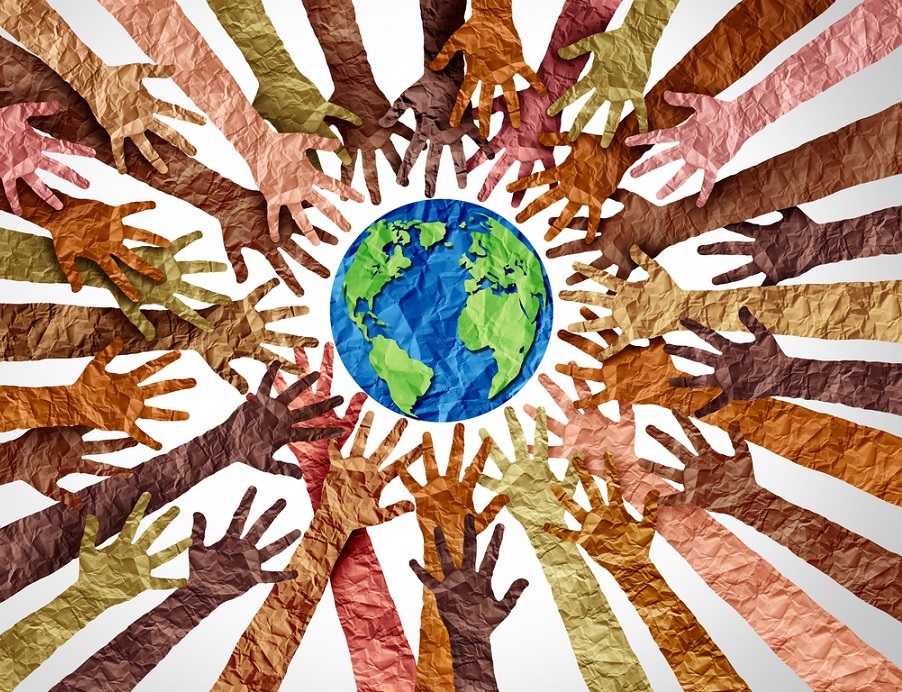
If so, how are you accountable to the next generation? We already know we need to change the system and the policies, but what do we actually need to change to move it? Systems are upheld by the norms and the people who participate and practice them. Consider:
- What are you doing to change the status quo?
- What are you doing to change the norms?
- Where are you upholding systemic racism?
- Are you the right person for your role?
- How do you know you are moving in the right direction?
- Of the immediate 10 people closest to you, do they reflect/represent those deeply connected to this work?
We know these questions are difficult for some. But there is no better time to start to make changes. We can’t keep lifting this broken system or keep thinking that it’s working. Young people know it needs to change and we are doing what we can, where we are. Are you?

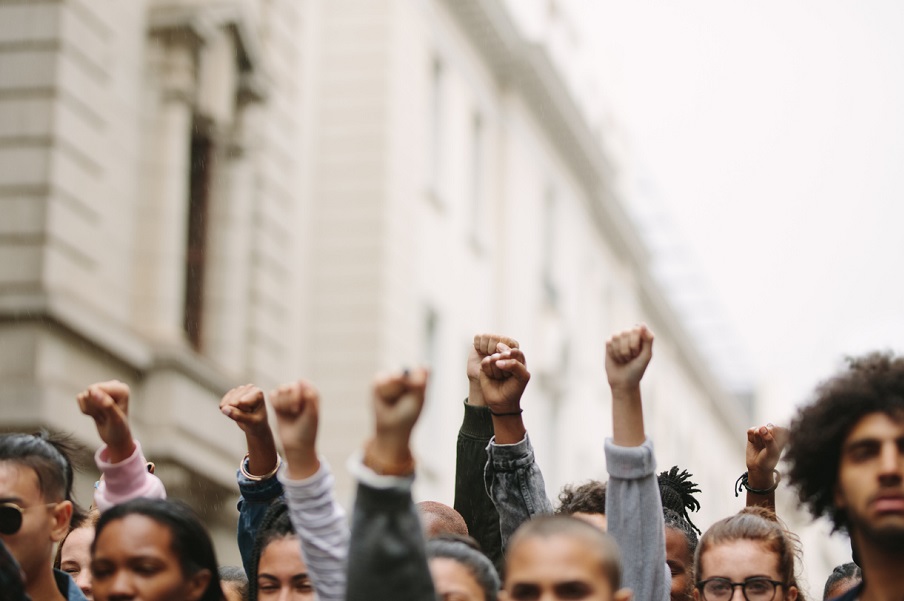
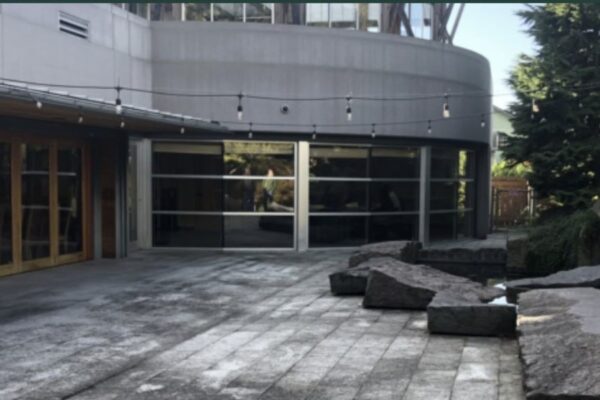
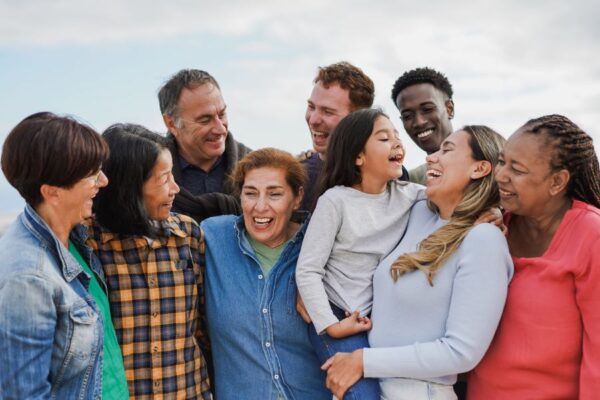
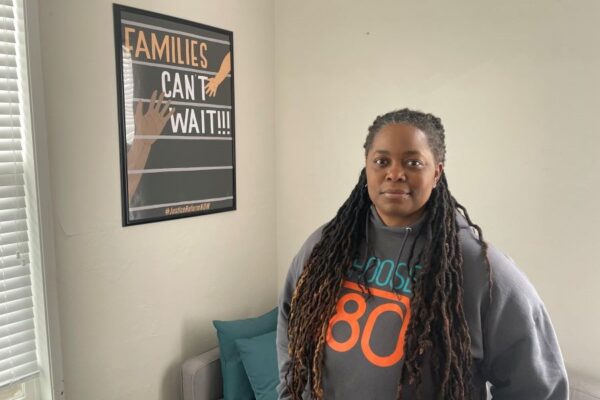
Comments